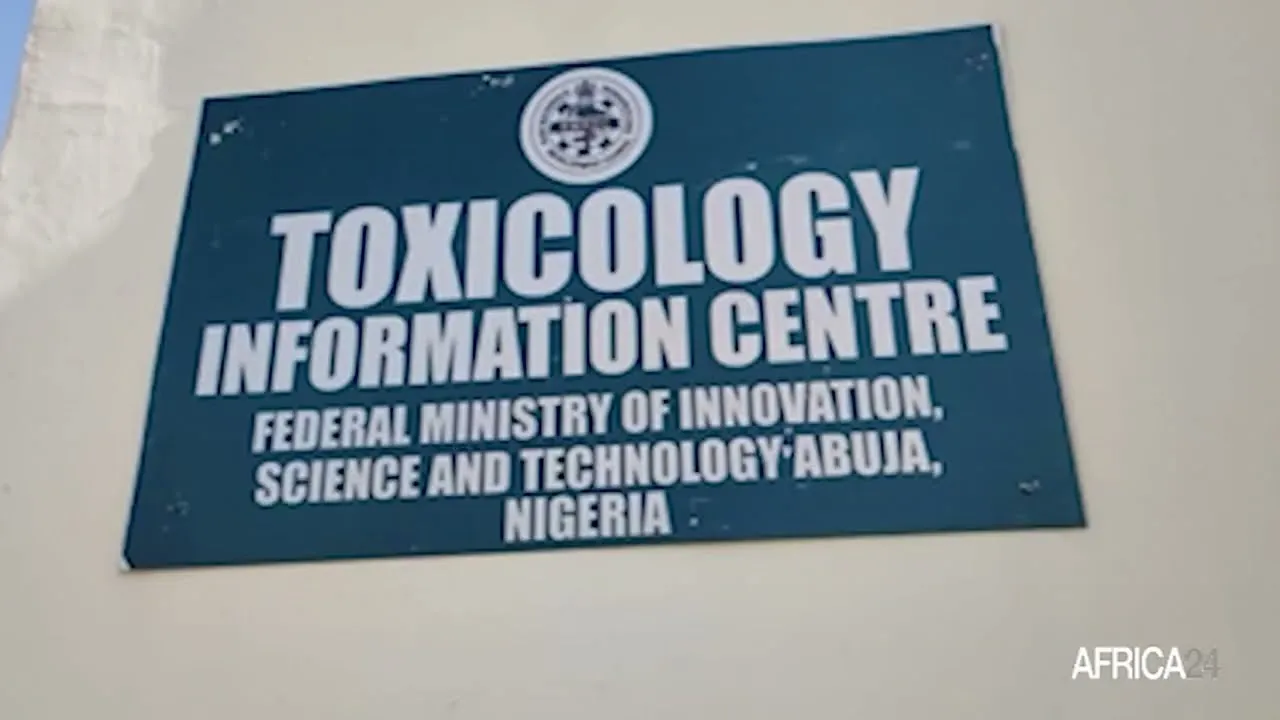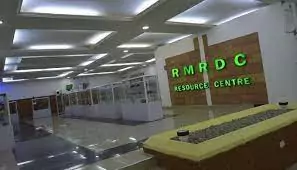
Toxicology, the study of adverse effects of chemical substances on living organisms, plays a crucial role in safeguarding public health and the environment. Internationally recognised as essential, toxicology information centres provide invaluable services in managing poisonings and contributing to sustainable development. In the wake of increasing industrialisation and the proliferation of chemical products, the need for these centres has become more apparent, emphasising their vital role in national development.
The World Health Organisation (WHO) underscores the importance of establishing toxicology information centres in every country, regardless of its size or population. The post-World War II era witnessed a surge in chemical development, leading to an influx of pharmaceuticals, pesticides, and subsequently, poisonings. With an estimated 40,000–60,000 industrial chemicals in global commerce, the establishment of toxicology centres became imperative to handle the complexities of chemical exposures.
Studies reveal that toxicology centres offer economic benefits by reducing healthcare costs. Timely consultation with these centres aids in the quick identification of exposures with minimal toxic risks, allowing for home or primary-level management. This not only prevents unnecessary transport and hospital treatment but also contributes to shorter hospital stays and fewer days of lost work. Moreover, severe poisoning cases can be swiftly directed to specialised facilities, reducing treatment delays and potentially saving lives.
The contribution of toxicology centres extends beyond individual health benefits to the prevention of poisoning on a larger scale. By reducing exposures and associated morbidity, these centres play a vital role in saving costs for the health system, the community and individuals. The data collected by poison centres also contribute to global public health efforts and the sound management of chemicals. Recognising their significance, international forums, starting with Agenda 21, have prioritised establishing and strengthening poison centres.
In Nigeria, where major economic activities such as mining, agriculture, and industrial manufacturing contribute significantly to pollution and poisoning, the need for toxicology information centres is particularly acute. An environmentalist, Dr. Christian Dore highlights the environmental impact of mining activities, including the generation of waste, land degradation, and water pollution. Activities such as coal and precious metal extraction involve toxic substances like mercury and cyanide, posing severe risks to respiratory health.
Dore emphasises the critical role of toxicology centres in addressing the consequences of mining activities, citing the devastating lead poisoning outbreak in Zamfara State in 2010. The incident, linked to the processing of lead-rich ores for gold extraction, resulted in over 600 deaths and left hundreds with brain damage and physical disabilities. This tragic event underscores the urgent need for education, sensitisation of stakeholders, monitoring of best practices and the introduction of appropriate technologies to minimise casualties in small-scale mining.
Agricultural practices in Nigeria, marked by the widespread use of chemicals like fertilizers and pesticides, further underscore the importance of toxicology information centres. Dore points out the environmental and human health risks associated with these chemicals, emphasising the need for strict regulation and constant pollution monitoring in agroecosystems.

Toxicology information centres are indispensable for sustainable development and national well-being. Their role in preventing poisoning, mitigating environmental risks and providing timely advice contributes significantly to public health and the sound management of chemicals. As nations grapple with the challenges of industrialisation and chemical usage, the establishment and strengthening of toxicology centres emerge as a critical component of a responsible and sustainable future.
Chairman of the pulp and paper groups of the Manufacturers Association of Nigeria (MAN), Princess Okeowo highlighted the environmental challenges posed by industrial manufacturing activities, including textiles, leather, pulp and paper manufacturing. These industries often discharge untreated or inadequately treated wastewater effluents into water bodies, posing significant risks to environmental health and safety. The untreated effluents contribute to the degradation of water bodies, potentially leading to eutrophication and creating conditions favorable for the proliferation of water-borne pathogens or toxin-producing cyanobacteria.
Okeowo expressed concern about the potential impact on users coming into contact with infected water, as untreated effluents may lead to water-borne diseases outbreaks. Moreover, these effluents contain anthropogenic compounds with endocrine-disrupting properties, posing serious health risks. The release of chemicals and poisons into the environment becomes a burden on public health in Nigeria.
Responding to this pressing issue, the director-general of the Raw Materials Research and Development Council (RMRDC), Prof. Hussaini Ibrahim discussed the council’s proactive approach to addressing the challenges posed by industrial activities. As an organisation mandated to promote the optimal development and utilisation of locally available raw materials for industrial use in Nigeria, the RMRDC has established a toxicology information centre (TIC) in alignment with the guidelines of the World Health Organisation.
Located within the council’s laboratory at the African University of Science and Technology (AUST) in Abuja, the TIC plays a crucial role in providing toxicology information and systematically collecting data related to chemical exposures and dangerous activities in raw materials production, exploitation, extraction, processing, and industrial manufacturing. Ibrahim emphasised the centre’s responsibility to monitor the effects of these activities on the environment, fauna, and flora, offering solutions to mitigate their debilitating effects.
The toxicology information centre, as a centre of expertise, is dedicated to delivering critical public health and chemical safety services cost-effectively. Its multifaceted roles include the identification, collection, and dispensing of information regarding acute exposure to chemicals, evaluating toxic and chemical risks and monitoring, warning and preventing poisonings to safeguard human and environmental health.
Ibrahim stressed that the TIC serves as a centralised repository of data on human exposure to chemicals. This data, encompassing information about agents involved, situations leading to exposure, and health effects, aids in reducing the incidence of poisoning. It also identifies emerging toxicological hazards, encourages preventive measures by raw materials explorers, exploiters, manufacturers, and regulators, and assesses the effectiveness of these measures.
The director-general affirmed that the TIC’s contributions extend to building essential capacities for Nigeria’s implementation of the International Health Regulations (2005), particularly in surveillance, preparedness, and response to public health events involving chemical agents. The centre is poised to become an integral part of local hazardous materials (HAZMAT) response protocols, collaborating closely with public health and environmental agencies responsible for these domains.
In addressing emergencies and preventing acute exposures to chemicals, the TIC welcomes inquiries from individuals, communities, public health practitioners and others. Specially trained poison experts, including toxicologists, pharmacists, and doctors, can be reached through the Poison Help line at 09034331070 or 07044132962, providing valuable assistance throughout the year. The establishment of the toxicology information centre reflects a forward-thinking approach by the RMRDC in promoting industrial sustainability, safeguarding public health and ensuring responsible environmental practices in Nigeria.


